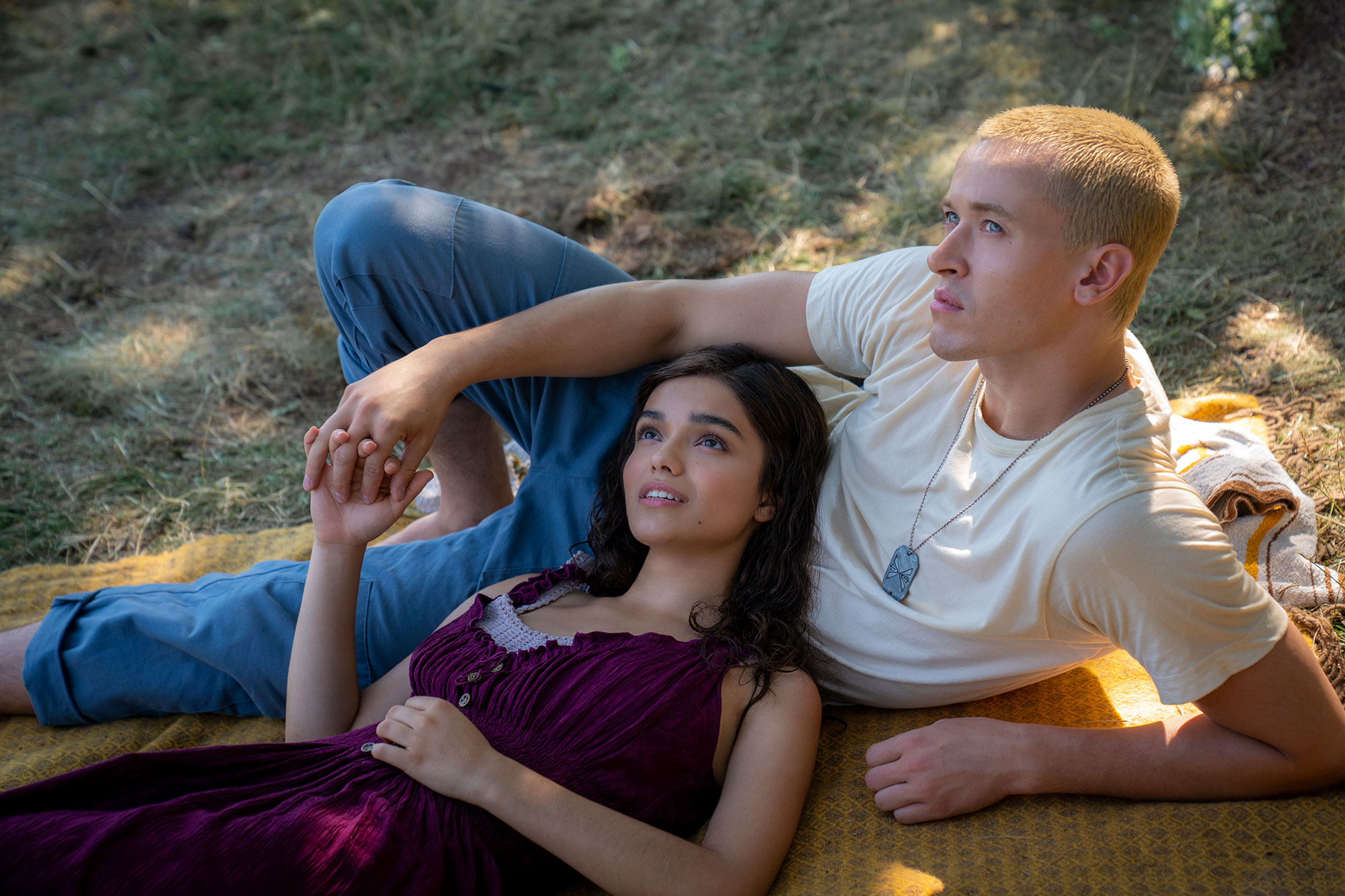‘The Ballad of Songbirds and Snakes’ Has an Adaptation Problem

The Ballad of Songbirds and Snakes, much like the original Hunger Games trilogy, was told from the perspective of the main character—in this case, Coriolanus Snow. However, where the Hunger Games films were mostly able to capture Katniss’ sardonic personality, The Ballad of Songbirds and Snakes failed to truly express the depths of Snow’s cruelty and self-involvement.
Fans who read the novel have noted the many differences in how the film portrays Snow’s actions versus how the novel and narration portray him. The Ballad of Songbirds and Snakes is written in the third person limited point of view (unlike the original trilogy’s first-person POV)—meaning we get Snow’s perspective via a narrator who can relay not just his actions but his thoughts. While not written in the first person, the book lets us see inside Snow’s mind and tells us what kind of person he is.
Snow’s perspective is filled with hatred and resentment toward everyone around him; his viewpoint illustrates a sense of entitlement that, as a blue-blood Capitol man, he deserves the best of everything and is willing to lie, cheat, steal, and betray anyone who gets in his way. Even his grandmother and cousin are seen more as annoyances than loved ones.
The film, arguably, completely erases this aspect of his character intentionally.
Coriolanus Snow: A controversial protagonist
When the book was first announced, many fans were understandably frustrated that, instead of exploring a new character or an existing well-liked character, the prequel chose to center around the rise of President Snow, the main antagonist of the trilogy.
However, other fans noted that showing those other characters’ backstories would be excessive and may play into the spectacle of the Hunger Games themselves, rather than confronting it. We already know how Haymitch, Finnick, Joanna, Beetee, and Annie survive their games, any elaboration would effectively tell us what we already know.
Snow being the protagonist allowed the novel to explore how every supposed “mercy” or “perk” of the Hunger Games was made with the intent to market the games and make them into a spectacle for the Capitol. Additionally, making the main character an unrepentant yet covert evildoer allows the audience to understand that some people do not have “inherent good” deep down. Some people are rotten to the core.
This was a pretty surprising but effective way to portray the character in the novel, especially when considering many prequels try to “round out” characters by making them sympathetic and giving them reasons for the things they do and the ways they act.
The film’s version of Snow
The problem is that the film effectively took out this aspect of Snow’s character entirely; the lack of narration frames Snow as being much more sympathetic and morally ambiguous. Unlike readers, film audiences don’t know that Snow is strategically making every decision with the end goal of making himself rich and powerful.
This also seems to have been a deliberate choice on the filmmakers’ part. There were ways they could have emphasized Snow’s two-faced nature by showing notes on the people around him or by showing the cracks in his public persona. But many of Snow’s actions in the film appear to be altruistic or done for the sake of his family, rather than his benefit.
Part of this may have been due to intentional decisions on the film’s part. The film certainly seems to have leaned into this idea of Snow being more empathetic and altruistic than he was in the books, showing him crying over apparent guilt for his actions at multiple points. It doesn’t help that there has been a rising trend of villain protagonists in film and television, some of whom are portrayed as unrepentant, while others are turned a little too sympathetic.
Some fans have noted that the decision seems to have arguably been made with the intent to make Snow more attractive and appealing to audiences. Given the current media trend of giving a little too much attention to sad white man villains, I personally agree with their assessment.
So please, before you start making fan-cams and fanfics about President Snow, the man directly responsible for 90% of the suffering in the Hunger Games Trilogy, read The Ballad of Songbirds and Snakes first. Seeing Snow’s true personality will (hopefully) change your perception of him.
(featured image: Lionsgate)
Have a tip we should know? tips@themarysue.com